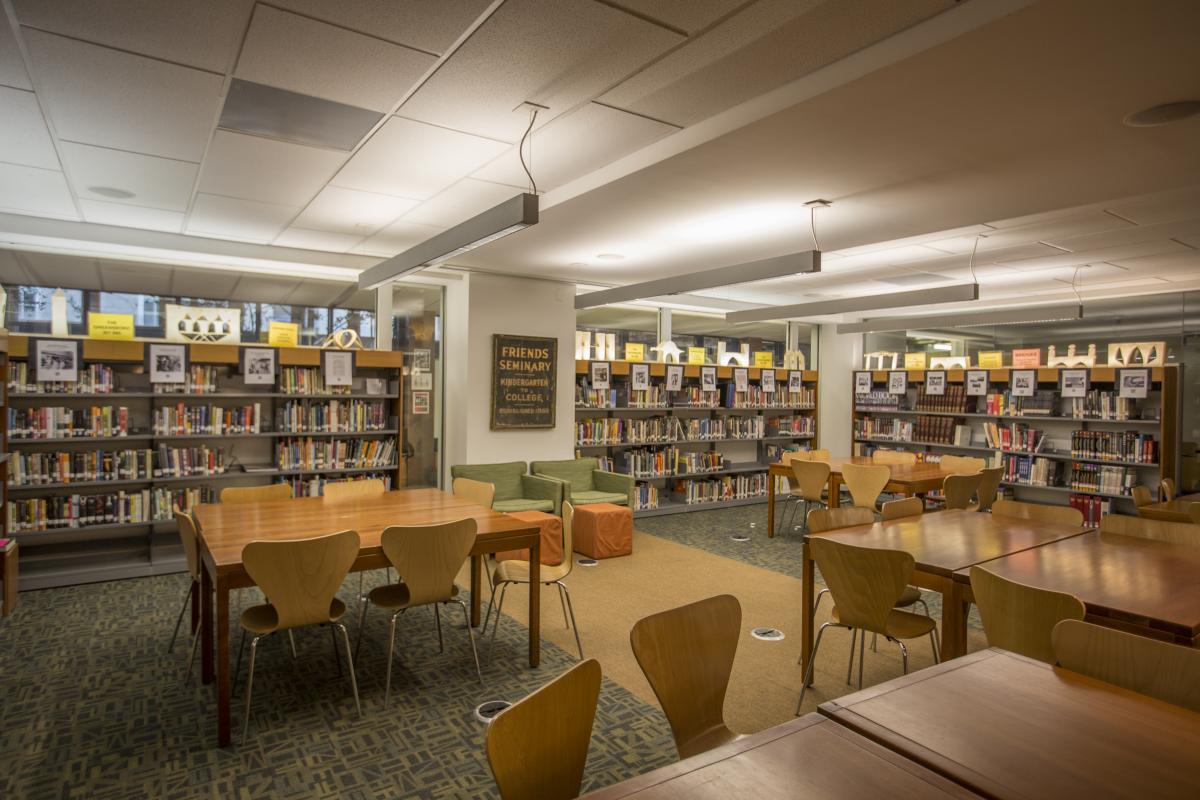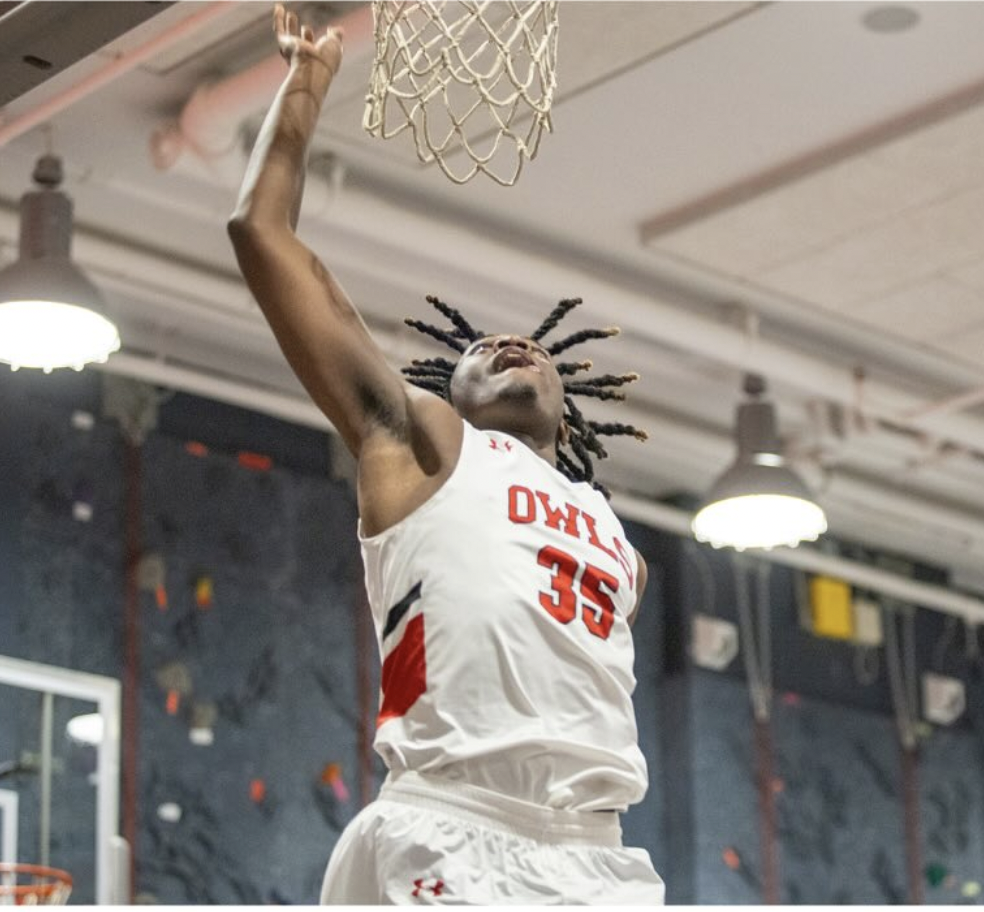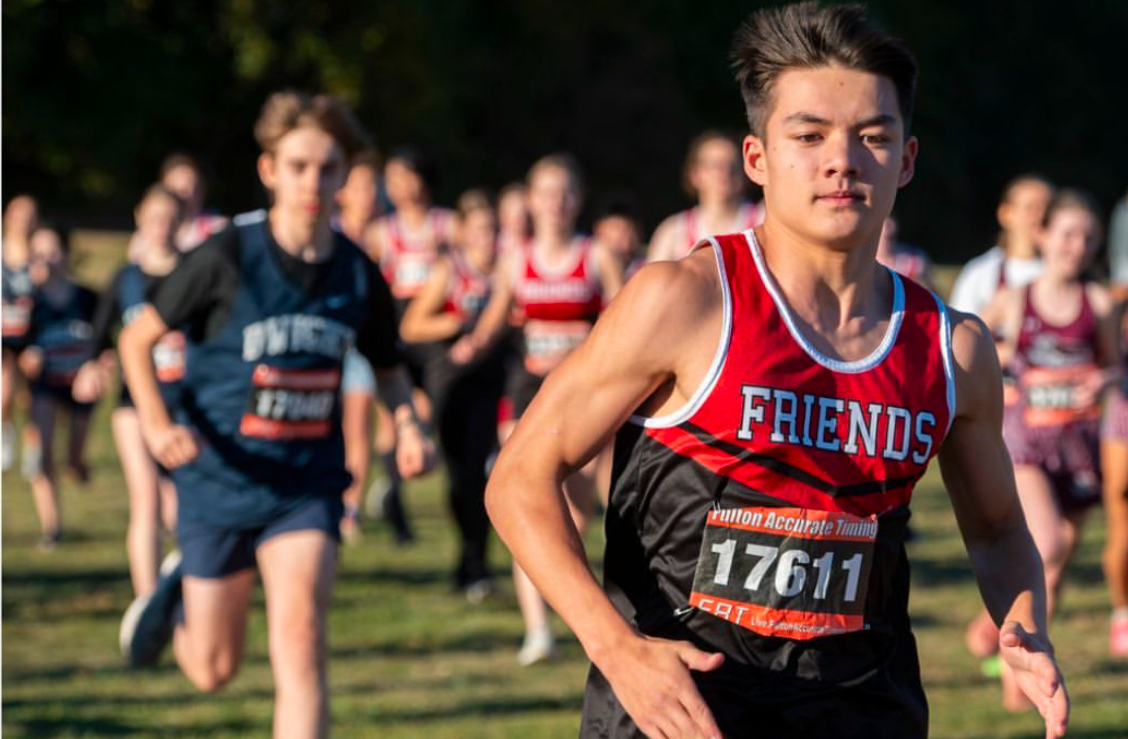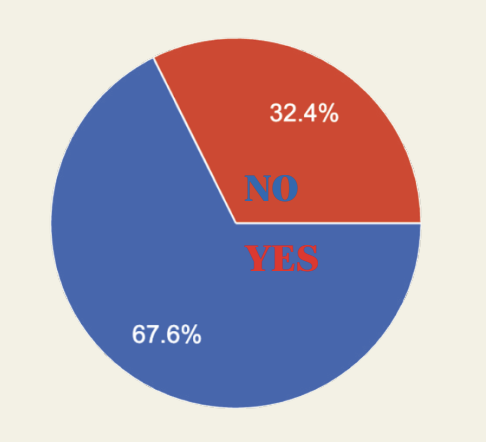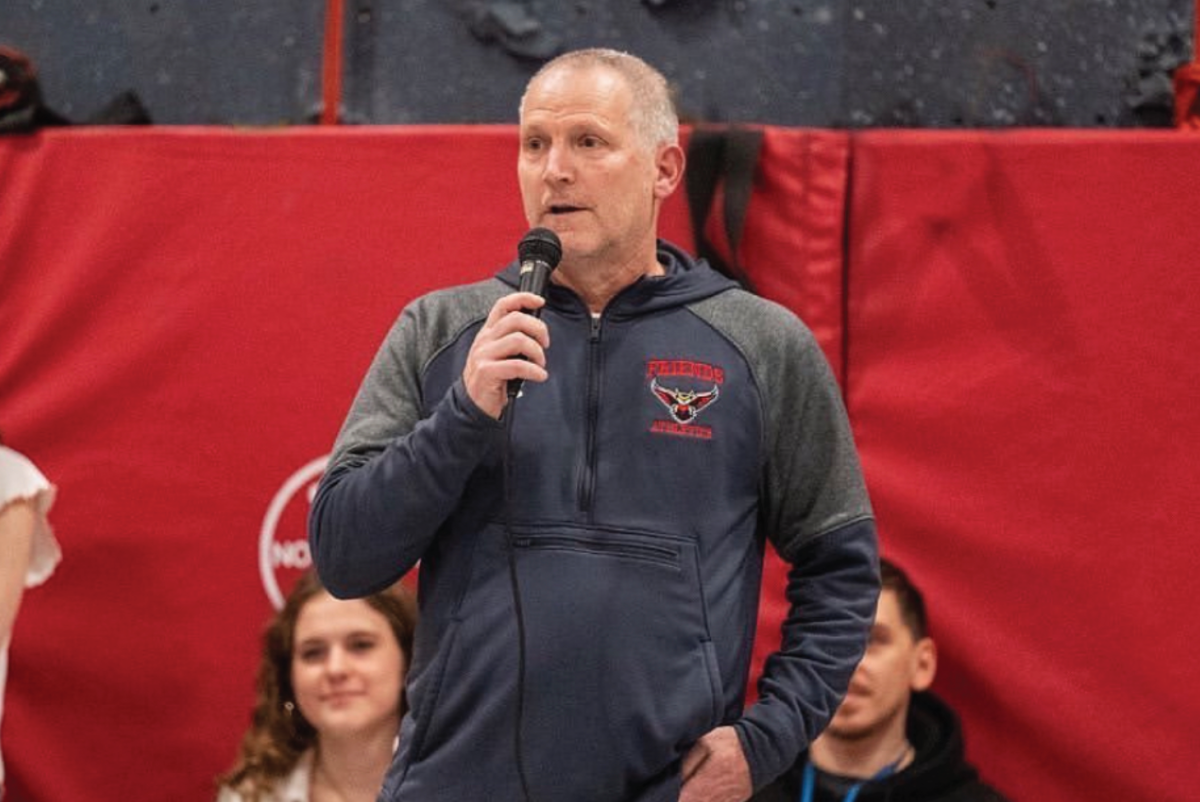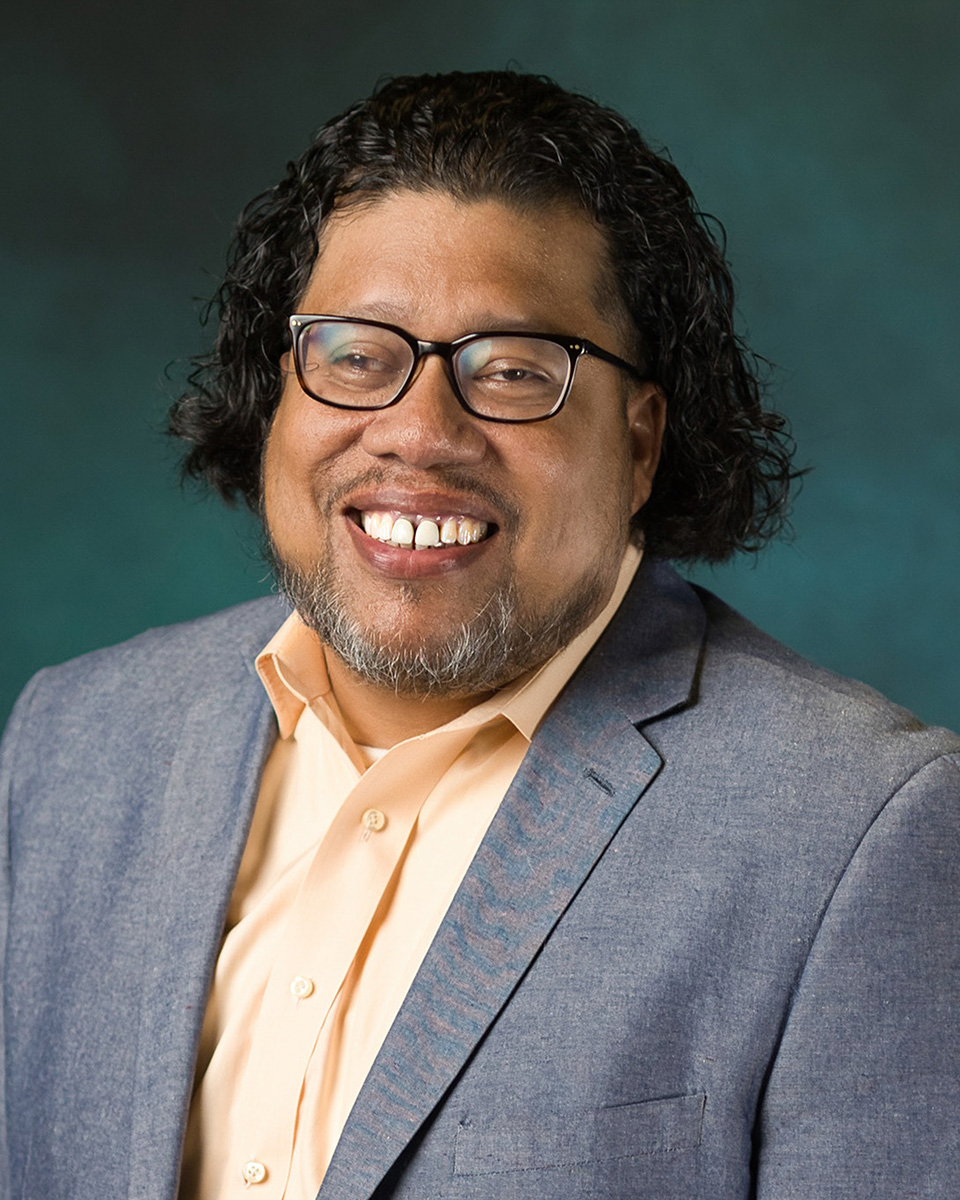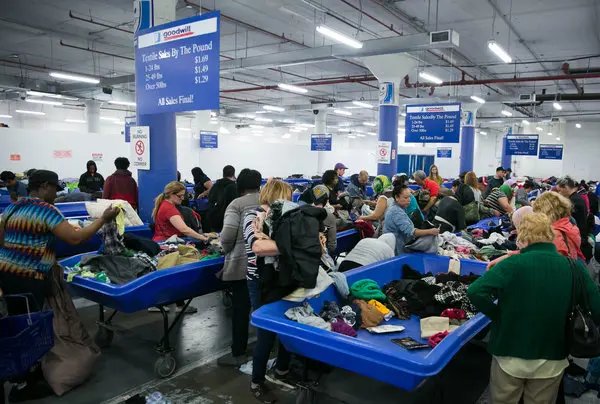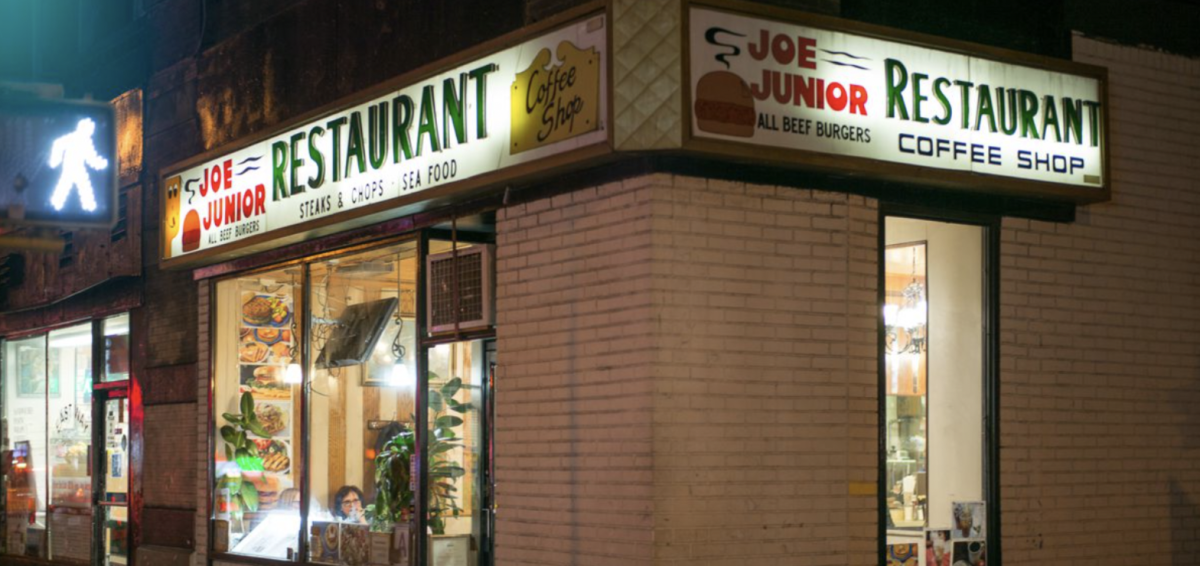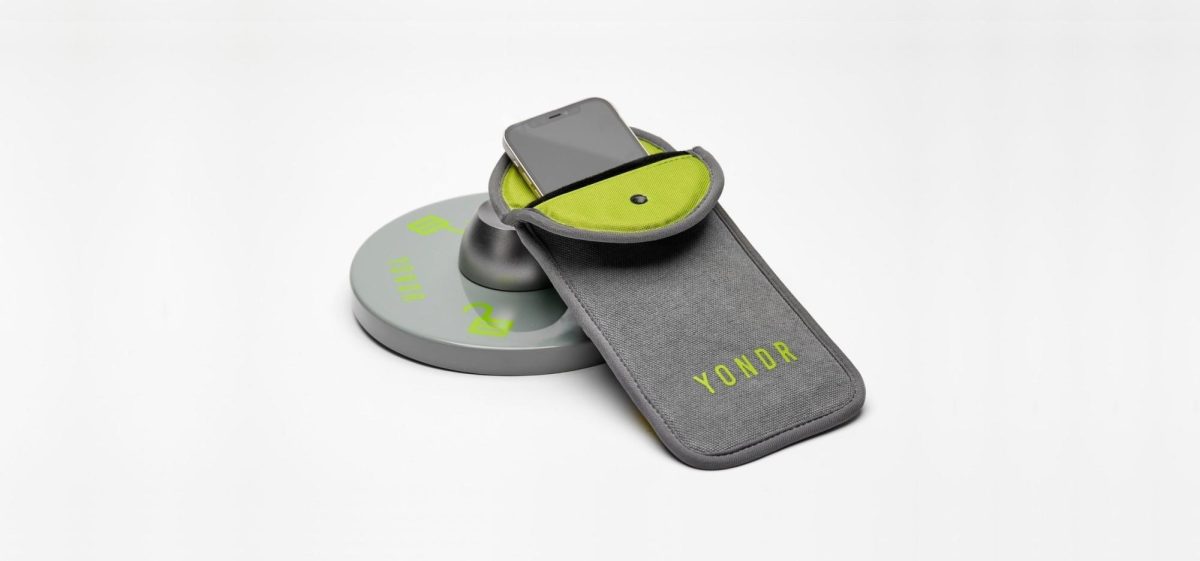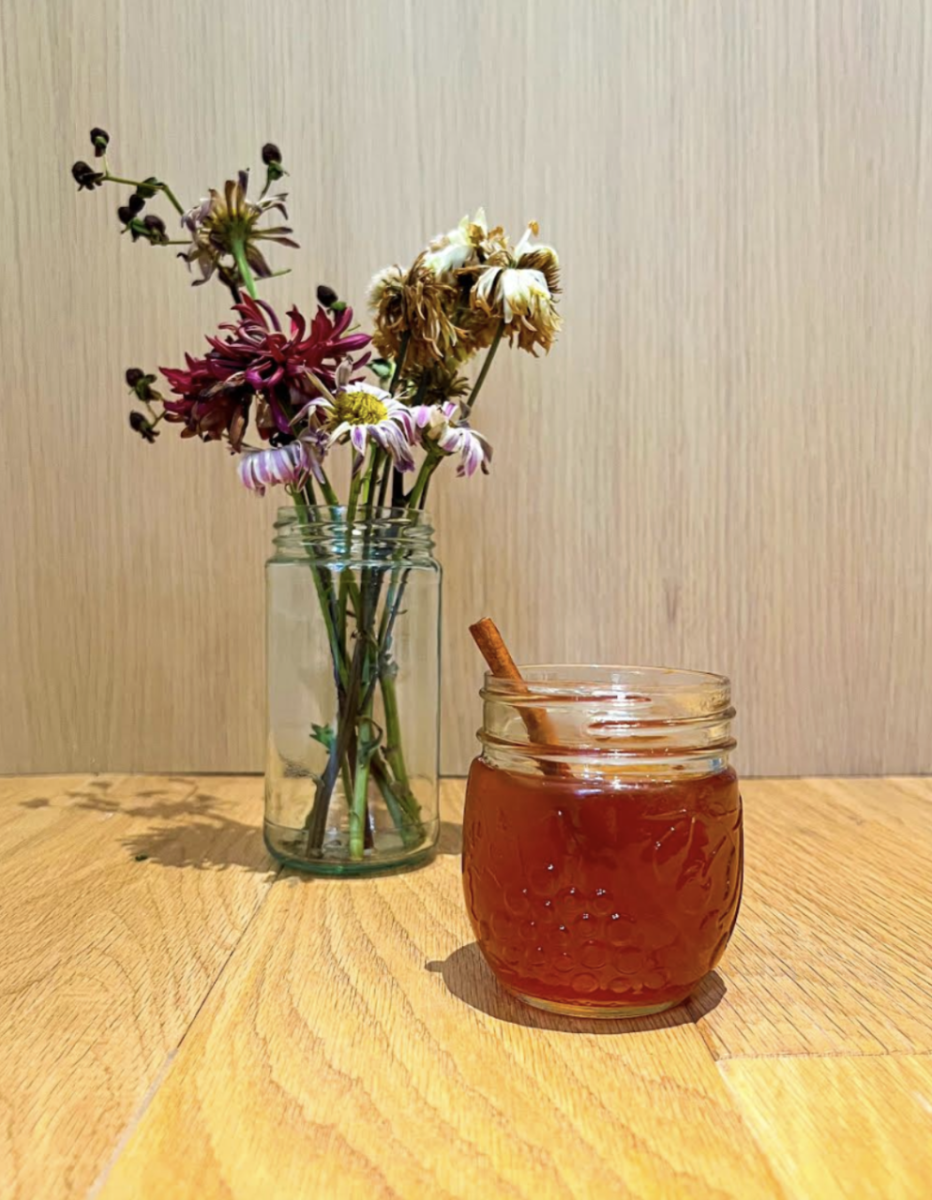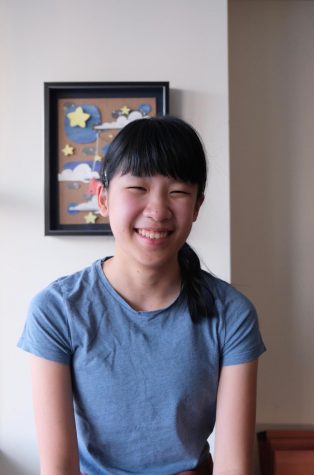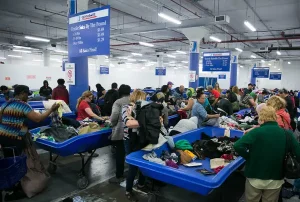Pandemic creates new service opportunities
The pandemic has limited in-person service opportunities, but the service committee has created new ways to get involved.
December 13, 2020
Students are adapting to meet their service requirements this year. For those who haven’t started fulfilling their required twenty-five hours, resources to get started are already in place.
The pandemic has meant that there are fewer hands-on, in-person service projects. For students like Maya Martinez ’24 – who has been unable to join the in-person tutoring program she has worked on in previous years – service plans have been disrupted.
“Some of the other service opportunities that I thought I’d do, that I’ve done in past years, can’t really happen anymore because they’re all in person,” Martinez said.
Still, with the weekly emails sent out by the Friends Center for Peace Equity and Justice (CPEJ), there are ways to get involved.
Service hours can be earned through participation in about ten clubs – including The Insight, the Activism Club, and Girl Up (a club supporting young girls in underdeveloped countries), to name a few. These clubs offer service opportunities through bake sales and fundraising events, educational and extracurricular programming, and by creating affinity spaces. Outside of clubs, students can learn about different initiatives through emails from CPEJ and the new “Service Learning Modules” page on Powerschool.
The service committee has also partnered with CPEJ to introduce a new initiative this year called “Service Learning Modules” that allows students to earn service credits by exploring a specific area of interest through the lens of social justice. Students can research and contribute to discussion boards on a topic of their choice before connecting with related activism groups.
Alison Foong, Co-Clerk of the Service Committee, said that the new service-learning modules “can be student-designed and consist of three parts, the head, heart, and hands.”
The “head” emphasizes education concerning social issues, the “heart” underlines the importance of building empathy for people directly affected by an issue, and the “hands” symbolize taking direct action to address an issue.
“I think it’s a really great way to bring things that people are passionate about to the rest of the community,” Foong said.
Foong added that everyone with suggestions for a service-learning module should email the committee with their ideas.
Regardless of the obvious setbacks, the service committee has helped create resources that make it possible for students to give back to the community and complete their required hours.

